A Guide to Selling Vintage Home Decor Online: Tapping into a Timeless Market
Related Articles: A Guide to Selling Vintage Home Decor Online: Tapping into a Timeless Market
Introduction
With enthusiasm, let’s navigate through the intriguing topic related to A Guide to Selling Vintage Home Decor Online: Tapping into a Timeless Market. Let’s weave interesting information and offer fresh perspectives to the readers.
Table of Content
A Guide to Selling Vintage Home Decor Online: Tapping into a Timeless Market
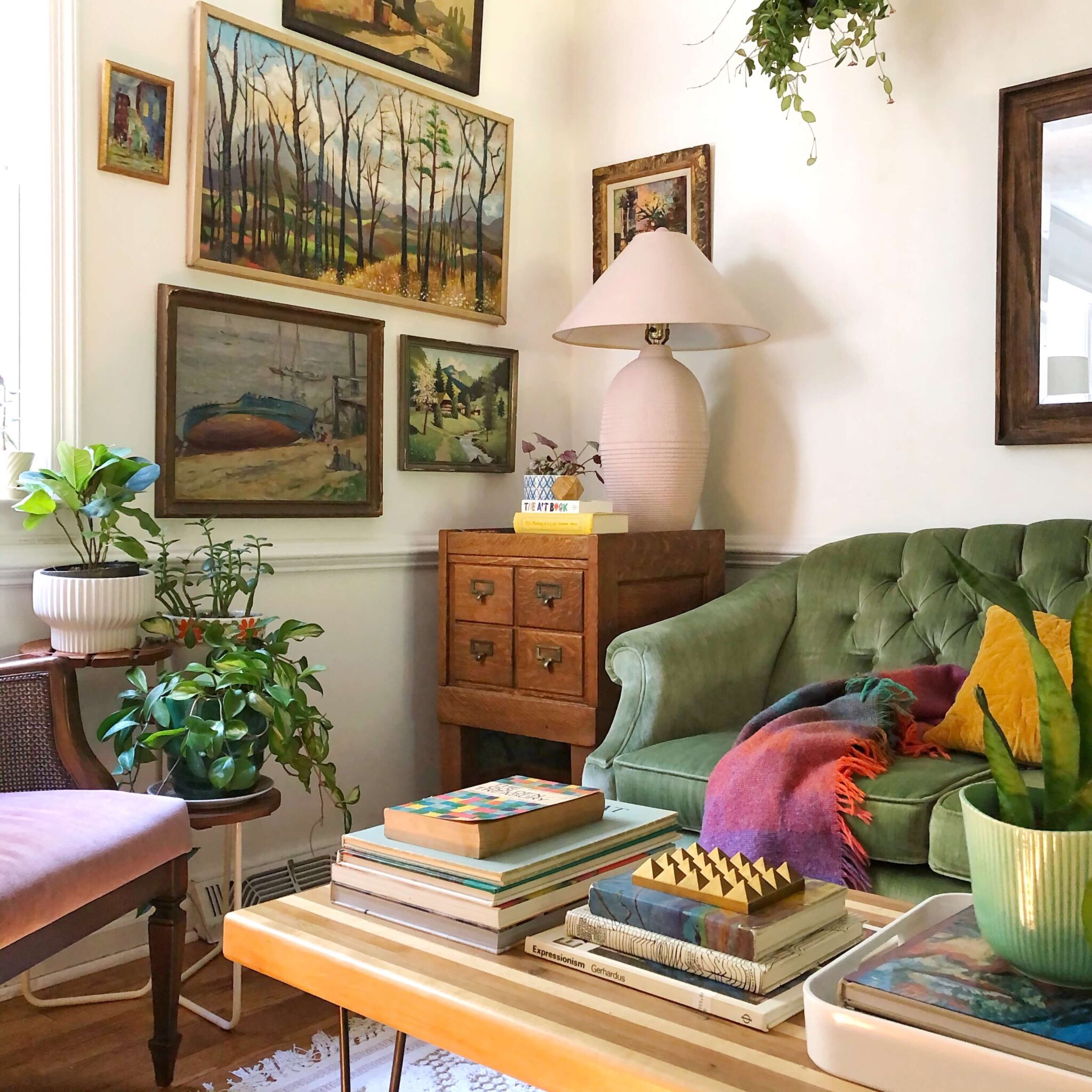
The world of vintage home decor is a vibrant and ever-evolving landscape, filled with unique pieces that tell stories of bygone eras. For those with an eye for detail, a passion for history, and a knack for finding hidden treasures, selling vintage home decor online presents a compelling opportunity to connect with a growing community of enthusiasts seeking to infuse their homes with character and individuality.
The Appeal of Vintage Home Decor:
Vintage home decor possesses a distinct allure that transcends trends. It offers a tangible connection to the past, a sense of nostalgia, and a unique aesthetic that cannot be replicated by mass-produced items. The appeal lies in the craftsmanship, the stories embedded within each piece, and the ability to create a truly personalized space.
The Rise of Online Vintage Markets:
The internet has revolutionized the vintage market, providing a global platform for buyers and sellers to connect. Online marketplaces like Etsy, eBay, and specialized vintage platforms have become hubs for vintage home decor enthusiasts, offering a wide range of items from furniture and lighting to textiles and decorative accents.
Benefits of Selling Vintage Home Decor Online:
- Global Reach: Online platforms transcend geographical boundaries, allowing sellers to reach a vast audience beyond their immediate locality.
- Convenience: Selling online eliminates the need for physical storefronts, offering flexibility and convenience in managing inventory and fulfilling orders.
- Low Overhead: Compared to traditional retail, online selling typically requires lower overhead costs, making it a more accessible option for entrepreneurs.
- Targeted Audience: Online platforms allow sellers to target specific niches within the vintage market, reaching customers who share their passion for particular styles or eras.
- Flexibility: Online selling provides flexibility in terms of working hours and location, allowing sellers to manage their businesses according to their schedules and preferences.
Navigating the Online Vintage Market:
1. Understanding Your Target Audience:
- Identify your niche: Specializing in a specific style, era, or type of vintage home decor allows you to cater to a targeted audience and establish expertise.
- Research your market: Gain insights into current trends, popular styles, and the demographics of your potential customers.
- Analyze your competition: Understand the existing offerings and pricing strategies of other vintage sellers to differentiate your own business.
2. Sourcing and Curating Vintage Items:
- Develop a keen eye: Learn to identify quality vintage pieces, recognize their value, and assess their potential for restoration or repurposing.
- Explore diverse sources: Discover hidden gems at estate sales, flea markets, antique shops, thrift stores, and online auctions.
- Build relationships: Network with other vintage enthusiasts, collectors, and dealers to access exclusive sources and gain insights into the market.
3. Building a Strong Online Presence:
- Choose a platform: Select a platform that aligns with your target audience and business goals. Consider factors like fees, audience reach, and marketing tools.
- Create compelling product listings: Use high-quality photos, detailed descriptions, and accurate measurements to showcase your items effectively.
- Develop a brand identity: Establish a consistent visual style and voice that reflects your unique aesthetic and resonates with your target audience.
- Engage with your customers: Respond promptly to inquiries, offer personalized recommendations, and build relationships through positive interactions.
4. Pricing and Selling Strategies:
- Research comparable prices: Analyze similar items sold on different platforms to determine fair market value.
- Consider condition and rarity: Adjust pricing based on the condition, age, and uniqueness of the piece.
- Offer competitive pricing: While maintaining profitability, strive for competitive pricing to attract customers.
- Utilize promotions and discounts: Offer limited-time promotions or discounts to encourage purchases and boost sales.
5. Shipping and Handling:
- Establish clear shipping policies: Communicate shipping costs, estimated delivery times, and return policies transparently.
- Utilize secure packaging: Protect your items during shipping with appropriate materials to minimize damage.
- Offer multiple shipping options: Provide customers with choices for shipping speed and cost.
6. Marketing and Promotion:
- Utilize social media: Engage with your target audience on platforms like Instagram, Pinterest, and Facebook to showcase your inventory and build brand awareness.
- Content marketing: Create informative blog posts, articles, or videos about vintage home decor, styling tips, and design inspiration.
- Collaborate with influencers: Partner with relevant influencers to reach a wider audience and gain credibility.
- Run targeted ads: Invest in online advertising to reach specific demographics and interests.
7. Customer Service:
- Respond promptly to inquiries: Address customer questions and concerns quickly and efficiently.
- Offer personalized recommendations: Provide helpful advice and styling suggestions based on customer preferences.
- Handle returns and exchanges professionally: Establish clear return policies and handle returns smoothly.
FAQs: Selling Vintage Home Decor Online
Q: What are the most popular vintage home decor styles?
A: Popular styles include Mid-Century Modern, Art Deco, Victorian, Farmhouse, Industrial, and Scandinavian.
Q: How do I determine the value of a vintage piece?
A: Research similar items sold online, consult antique guides, and seek expert appraisals.
Q: How do I protect myself from scams?
A: Utilize secure payment methods, verify buyer identities, and be wary of unrealistic offers.
Q: What are the legal considerations for selling vintage items online?
A: Understand copyright laws, intellectual property rights, and any regulations related to selling antiques.
Tips for Selling Vintage Home Decor Online:
- Focus on high-quality photography: Use natural light, clear backgrounds, and detailed shots to showcase your items effectively.
- Write engaging product descriptions: Tell the story of the piece, highlight its unique features, and mention its condition and dimensions.
- Offer competitive pricing: Research comparable items sold on other platforms to determine a fair price.
- Provide excellent customer service: Respond promptly to inquiries, offer personalized recommendations, and handle returns professionally.
- Promote your business on social media: Use engaging visuals, share styling tips, and interact with your followers to build a community.
Conclusion:
Selling vintage home decor online offers a unique and rewarding entrepreneurial opportunity. By understanding your target audience, curating a distinctive inventory, building a strong online presence, and providing exceptional customer service, you can establish a successful business within this vibrant and ever-evolving market. With passion, knowledge, and a keen eye for detail, you can tap into the timeless appeal of vintage home decor and connect with a growing community of enthusiasts seeking to infuse their homes with character and individuality.
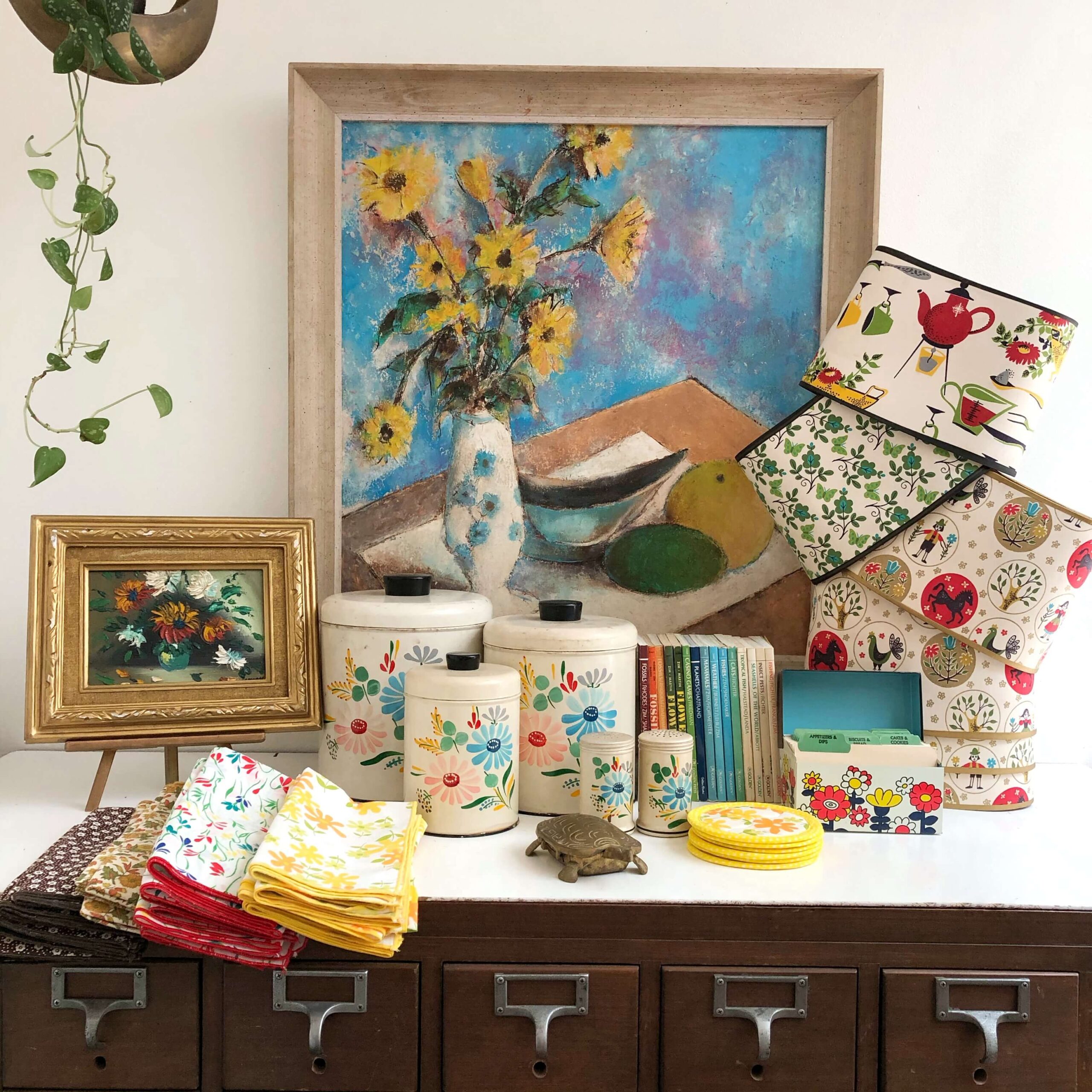


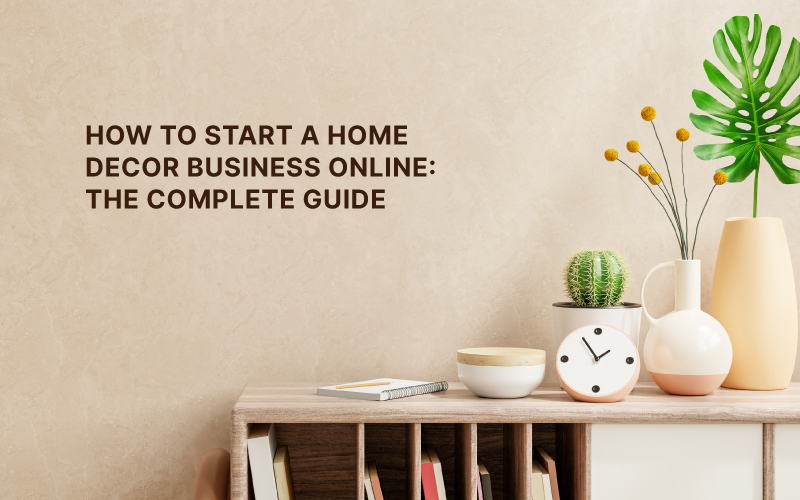

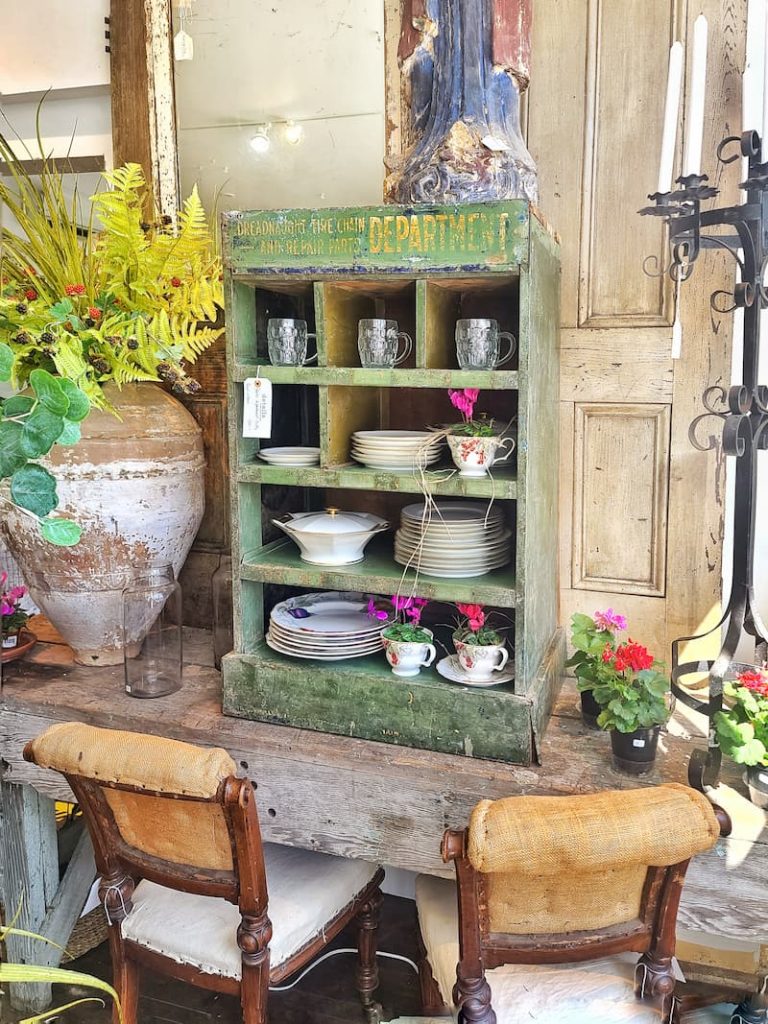
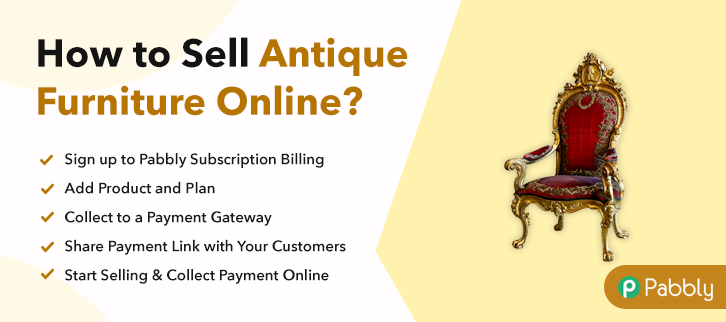

Closure
Thus, we hope this article has provided valuable insights into A Guide to Selling Vintage Home Decor Online: Tapping into a Timeless Market. We hope you find this article informative and beneficial. See you in our next article!